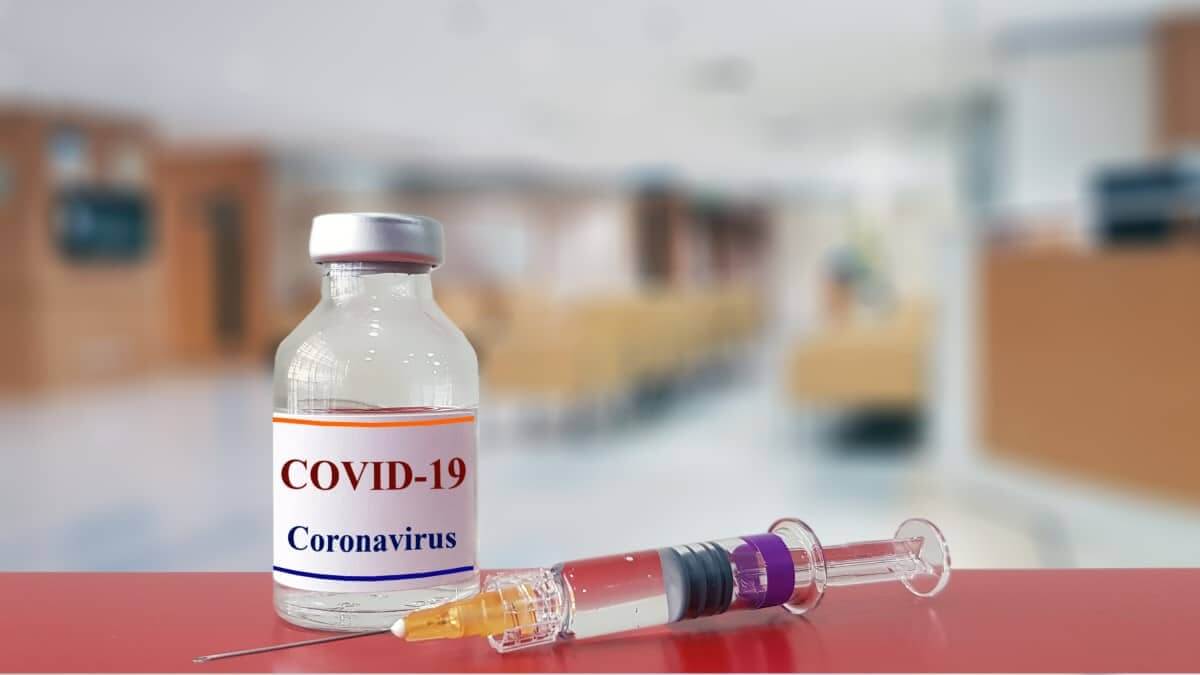
Princeton researchers’ new tech may create better vaccines
World’s best institutes and research centers have been working on making the Covid-19 vaccine ever since the virus outbreaks in China. The pandemic has already killed more than 2 million and forced us to stay in lockdowns. It’s crucial to have a strong, safe vaccine against it. While we already have Pfizer’s, Moderna’s, and AstraZeneca’s vaccines, the job is far from done.
Princeton has its own team, led by two University faculty members, working on the vaccines. They have developed a novel encapsulation technology. It could help to administer more effective and robust vaccines.
Optimeos Life Sciences Inc. is a biotechnology company. Robert Prud’homme, Professor of Chemical and Biological Engineering and Keller Center, Entrepreneurship Specialist, founded it along with Lecturer Shahram Hejazi. The firm has recently announced its new mRNA technology. It relies on inverse flash nanoprecipitation (iFNP). The company pioneered the iFNP technique in 2016.
How does iFNP work?
iFNP encapsulates biological molecules or drugs, including mRNA and peptides, into nano-scale particles that enable increased efficacy and delivery after administration. The company claims that incorporating this technology into the coronavirus vaccine platform would be advantageous. It would augment the amount of mRNA that each administered dose contains. As a result, we would need a smaller quantity of mRNA particles, but at the same time, the vaccine’s immune response would amplify.
The current vaccines on the market, including Moderna and Pfizer’s versions, depend on innovative lipid-nanoparticle mRNA technology. The latter encodes the genetic information of the coronavirus spike protein.
The injected mRNA familiarizes our bodies with the spike protein while spurring the creation of antibodies that defend the body against the future attack of Covid-19.
However, the current vaccines have at most 94 percent efficacy rate (in the case of Moderna). That’s not enough. It’s clear that Covid-19 vaccine technologies have some shortcomings. There are certain issues of overactive immune responses and scalability, as well. Optimeos’ product aims to improve these deficit areas of mRNA vaccine technology.
Prud’homme spoke about the advantages of the iNFP-based mRNA technology compared to the current mRNA vaccines, explaining that they could obtain loadings of mRNA five times higher than in the circulating Moderna vaccines. While this advantage isn’t so crucial for the COVID-19 vaccine, there are other disease indications where the total amount delivered intra-cellularly could make a significant difference.
Furthermore, this new technology does not require cationic components, which is another advantage. The current Moderna and Pfizer lipid nanoparticles require them. While these cationic components are good for vaccines as they help activate the immune system, they also cause an overactive immune response if you use multiple injections.
-
Support
-
Platform
-
Spread
-
Trading Instrument




